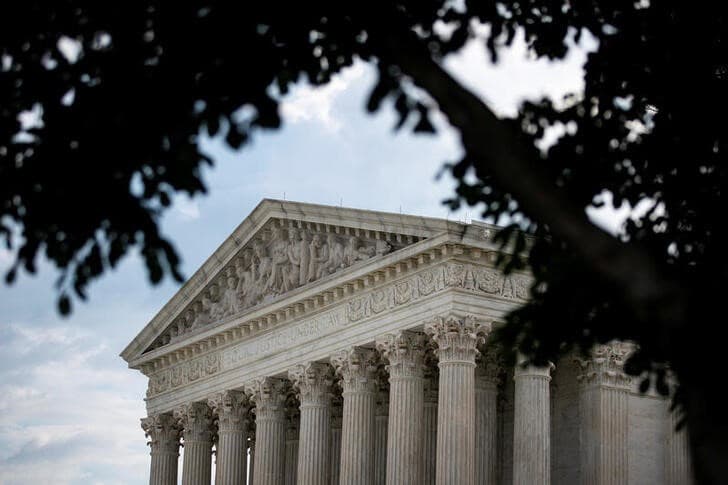Supreme Court Declines Appeal, $2.6 Million UBS Verdict Remains Vacated
The Supreme Court on November 24, 2025 declined to hear an appeal from a former UBS bond strategist seeking to reinstate a $2.6 million jury award in a retaliation case. The decision leaves intact a federal appeals court ruling that set aside the verdict because of flawed jury instructions, and it keeps unresolved key questions about evidentiary standards in Sarbanes Oxley whistleblower claims.

The U.S. Supreme Court declined to take up an appeal from a former UBS bond strategist who had asked justices to reinstate a $2.6 million jury award in his retaliation lawsuit. The plaintiff alleged he was wrongfully terminated after he refused to publish research he considered misleading. By refusing to hear the appeal the court left intact a Second Circuit decision that set aside the jury verdict on the ground that the trial court had provided flawed instructions to jurors.
The move ends a long running legal battle over how federal law protects employees who report or resist corporate misconduct. The case implicated the whistleblower provisions of the Sarbanes Oxley Act, which were enacted after corporate scandals in the early 2000s to protect workers who expose fraud and other wrongdoing. Although the Supreme Court has previously stepped into questions about the legal standards for retaliation claims, its decision Friday does not provide further guidance and leaves lower courts to grapple with unresolved issues.
Legal experts say the Second Circuit ruling emphasized procedural safeguards for defendants by scrutinizing jury instructions, while advocates for whistleblowers argue that such reversals can chill employees from speaking up about misconduct. The practical effect of the Supreme Court’s refusal to hear the case is to maintain the appeals court’s interpretation of what jurors must be told before deciding whether an employer illegally retaliated. That interpretation will govern this particular dispute and can influence how future cases are tried in the region.
Beyond the courtroom, the ruling carries implications for workplaces and for public trust in institutions. Whistleblower protections are a key tool for exposing practices that can harm investors, consumers, patients, and communities. When questions about evidentiary thresholds and jury guidance remain unsettled, employees who observe questionable conduct may face uncertainty about the legal protections available to them. This uncertainty can be particularly consequential in sectors such as healthcare, insurance, and financial services where internal research, compliance findings, and disclosures can have direct effects on patient care, retirement security, and public resources.
Policymakers and regulators may see renewed pressure to clarify protections through statute or rulemaking. Congress could act to adjust statutory standards, and agencies that oversee corporate disclosures and workplace protections could issue guidance, but such changes would require political will and time. In the meantime, employers, compliance officers, and counsel will continue to adjust practices around internal reporting and document retention to reduce litigation risk.
For the former UBS strategist, the Supreme Court decision closes the door on the national high court as a path to reinstating the award. For the broader public, the ruling underscores a persistent tension in American law between rigorous procedural safeguards in trials and the societal interest in encouraging disclosures of wrongdoing. Without clearer direction from the nation’s highest court or from lawmakers, courts will continue to define the boundaries of Sarbanes Oxley retaliation claims one case at a time, with significant consequences for workers who raise concerns and for communities that depend on truthful corporate conduct.


